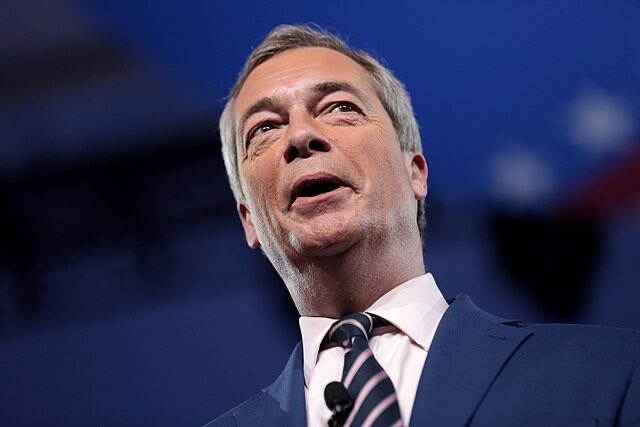The Conservative Party is bracing for a political earthquake, with forecasts suggesting they could lose up to 500 council seats in the face of a growing Reform UK surge. As discontent with mainstream parties boils over, Nigel Farage’s Reform movement is capturing the imagination of voters angry over immigration, the cost of living, and broken Brexit promises.
Meanwhile, Labour leader Sir Keir Starmer has raised eyebrows by steering clear of Runcorn, a town emblematic of shifting political loyalties. His absence signals Labour’s cautious approach amid an increasingly volatile electoral map—and highlights the risks of appearing complacent while the Tories implode.
This local election could mark a historic collapse for the Conservatives, reshaping the political landscape and paving the way for dramatic changes ahead of the next general election.
The Predicted Tory Meltdown: Up to 500 Seats at Risk
Political analysts are warning that the Conservatives are heading for a bloodbath at the polls. Internal party projections and independent polling suggest a worst-case scenario where the Tories lose as many as 500 council seats, a staggering figure that would represent one of their worst local election performances in decades.
Among the councils most at risk:
- Surrey Heath and Tandridge in the South East
- Walsall and Dudley in the Midlands
- Redcar and Cleveland in the North East
- Swindon and Plymouth in the South West
In many areas, the losses aren’t just to Labour or the Liberal Democrats—they’re to Reform UK, who are attracting disenfranchised Tory voters fed up with what they see as betrayal on immigration, tax, and national sovereignty.
Tory strategists privately admit that holding onto even half of their vulnerable seats would now be considered a success—a sign of just how grim the outlook has become.
Reform UK’s Rising Influence
Originally seen as a fringe movement, Reform UK has been gathering serious momentum, especially in blue-collar areas and former Brexit strongholds. Under the public encouragement of Nigel Farage, who remains the party’s most recognizable figure, Reform has positioned itself as the true guardian of Brexit and the defender of “ordinary Britons.”
In local elections, Reform’s growing presence is being felt in:
- Coastal towns hit hard by economic decline
- Former “Red Wall” areas now feeling abandoned by both Labour and Tories
- Communities grappling with immigration pressures
Their messaging—focused on lower taxes, stricter immigration control, and political accountability—is resonating deeply with voters who feel ignored by Westminster elites.
Polling suggests that in some council wards, Reform is running neck-and-neck with both Labour and the Conservatives, threatening to split the right-wing vote and cause even bigger Tory losses than anticipated.
Why Starmer Skipped Runcorn
Runcorn, a town in Cheshire that was once a Labour stronghold before showing signs of political drift, became a talking point when it was revealed that Keir Starmer would not visit during the final campaign stretch.
Insiders suggest the decision was strategic:
- Runcorn has seen rising support for Reform and growing anti-establishment sentiment.
- A Starmer visit could have galvanized opposition rather than shored up support.
- Labour is focusing resources on easier wins elsewhere to maximize council seat gains.
Political commentators noted that Labour’s absence in such areas could create space for Reform to scoop up anti-Tory protest votes that might otherwise return to Labour. However, Labour’s leadership seems confident that staying disciplined and risk-averse will pay off nationally, even if it means ceding ground locally in some areas.
Local Election Dynamics: Angry Electorate and Shifting Loyalties
This year’s local elections are unfolding in a climate of deep public anger and political volatility.
Voters are not just upset about one issue—they’re furious about a multitude of failures:
- Cost of living crisis: Skyrocketing bills and food prices
- Immigration concerns: Record Channel crossings and perceived government inaction
- Broken promises: From Brexit to tax cuts, trust is at an all-time low
Many traditional party loyalties are crumbling, with lifelong Conservative voters openly admitting they are ready to either stay home or lend their vote to Reform UK out of frustration.
At the same time, Labour faces its own risks: appearing too cautious, failing to inspire, and missing opportunities to lock down wavering voters who now have more options than ever.
The 2024 local elections could be a watershed moment, signalling that British politics is entering a new, less predictable era.



